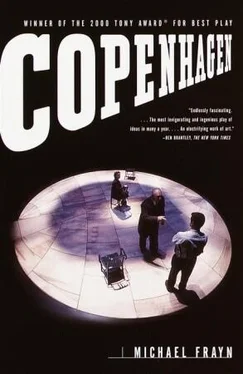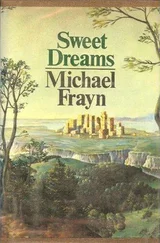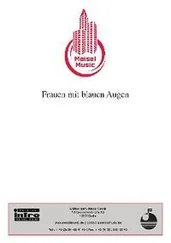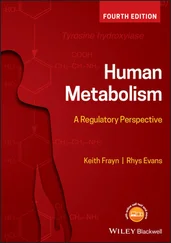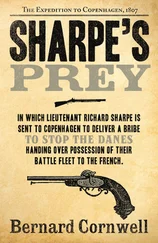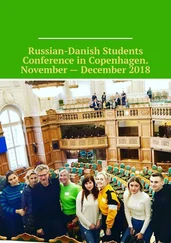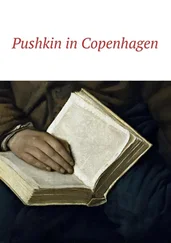Heisenberg If I had died then, what should I have missed? Thirty years of attempting to explain. Thirty years of reproach and hostility. Even you turned your back on me.
Margrethe You came to Copenhagen again. You came to Tisvilde.
Heisenberg It was never the same.
Bohr No. It was never the same.
Heisenberg I sometimes think that those final few weeks at Haigerloch were the last happy time in my life. In a strange way it was very peaceful. Suddenly we were out of all the politics of Berlin. Out of the bombing. The war was coming to an end. There was nothing to think about except the reactor. And we didn’t go mad, in fact. We didn’t work all the time. There was a monastery on top of the rock above our cave. I used to retire to the organ-loft in the church, and play Bach fugues.
Margrethe Look at him. He’s lost. He’s like a lost child. He’s been out in the woods all day, running here, running there. He’s shown off, he’s been brave, he’s been cowardly. He’s done wrong, he’s done right. And now the evening’s come, and all he wants is to go home, and he’s lost.
Heisenberg Silence.
Bohr Silence.
Margrethe Silence.
Heisenberg And once again the tiller slams over, and Christian is falling.
Bohr Once again he’s struggling towards the lifebuoy.
Margrethe Once again I look up from my work, and there’s Niels in the doorway, silently watching me …
Bohr So, Heisenberg, why did you come to Copenhagen in 1941? It was right that you told us about all the fears you had. But you didn’t really think I’d tell you whether the Americans were working on a bomb.
Heisenberg No.
Bohr You didn’t seriously hope that I’d stop them.
Heisenberg No.
Bohr You were going back to work on that reactor whatever I said.
Heisenberg Yes.
Bohr So, Heisenberg, why did you come?
Heisenberg Why did I come?
Bohr Tell us once again. Another draft of the paper. And this time we shall get it right. This time we shall understand.
Margrethe Maybe you’ll even understand yourself.
Bohr After all, the workings of the atom were difficult to explain. We made many attempts. Each time we tried they became more obscure. We got there in the end, however. So — another draft, another draft.
Heisenberg Why did I come? And once again I go through that evening in 1941. I crunch over the familiar gravel, and tug at the familiar bell-pull. What’s in my head? Fear, certainly, and the absurd and horrible importance of someone bearing bad news. But … yes … something else as well. Here it comes again. I can almost see its face. Something good. Something bright and eager and hopeful.
Bohr I open the door …
Heisenberg And there he is. I see his eyes light up at the sight of me.
Bohr He’s smiling his wary schoolboy smile.
Heisenberg And I feel a moment of such consolation.
Bohr A flash of such pure gladness.
Heisenberg As if I’d come home after a long journey.
Bohr As if a long-lost child had appeared on the doorstep.
Heisenberg Suddenly I’m free of all the dark tangled currents in the water.
Bohr Christian is alive, Harald still unborn.
Heisenberg The world is at peace again.
Margrethe Look at them. Father and son still. Just for a moment. Even now we’re all dead.
Bohr For a moment, yes, it’s the twenties again.
Heisenberg And we shall speak to each other and understand each other in the way we did before.
Margrethe And from those two heads the future will emerge. Which cities will be destroyed, and which survive. Who will die, and who will live. Which world will go down to obliteration, and which will triumph.
Bohr My dear Heisenberg!
Heisenberg My dear Bohr!
Bohr Come in, come in …
Heisenberg It was the very beginning of spring. The first time I came to Copenhagen, in 1924. March: raw, blustery northern weather. But every now and then the sun would come out and leave that first marvellous warmth of the year on your skin. That first breath of returning life.
Bohr You were twenty-two. So I must have been … Thirty-eight.
Bohr Almost the same age as you were when you came in 1941.
Heisenberg So what do we do?
Bohr Put on our boots and rucksacks …
Heisenberg Take the tram to the end of the line …
Bohr And start walking!
Heisenberg Northwards to Elsinore.
Bohr If you walk you talk.
Heisenberg Then westwards to Tisvilde.
Bohr And back by way of Hillerød.
Heisenberg Walking, talking, for a hundred miles.
Bohr After which we talked more or less non-stop for the next three years.
Heisenberg We’d split a bottle of wine over dinner in your flat at the Institute.
Bohr Then I’d come up to your room …
Heisenberg That terrible little room in the servants’ quarters in the attic.
Bohr And we’d talk on into the small hours.
Heisenberg How, though?
Bohr How?
Heisenberg How did we talk? In Danish?
Bohr In German, surely.
Heisenberg I lectured in Danish. I had to give my first colloquium when I’d only been here for ten weeks.
Bohr I remember it. Your Danish was already excellent.
Heisenberg No. You did a terrible thing to me. Half-an-hour before it started you said casually, Oh, I think we’ll speak English today.
Bohr But when you explained …?
Heisenberg Explain to the Pope? I didn’t dare. That excellent Danish you heard was my first attempt at English.
Bohr My dear Heisenberg! On our own together, though? My love, do you recall?
Margrethe What language you spoke when I wasn’t there? You think I had microphones hidden?
Bohr No, no — but patience, my love, patience!
Margrethe Patience?
Bohr You sounded a little sharp.
Margrethe Not at all.
Bohr We have to follow the threads right back to the beginning of the maze.
Margrethe I’m watching every step.
Bohr You didn’t mind? I hope.
Margrethe Mind?
Bohr Being left at home?
Margrethe While you went off on your hike? Of course not. Why should I have minded? You had to get out of the house. Two new sons arriving on top of each other would be rather a lot for any man to put up with.
Bohr Two new sons?
Margrethe Heisenberg.
Bohr Yes, yes.
Margrethe And our own son.
Bohr Aage?
Читать дальше
